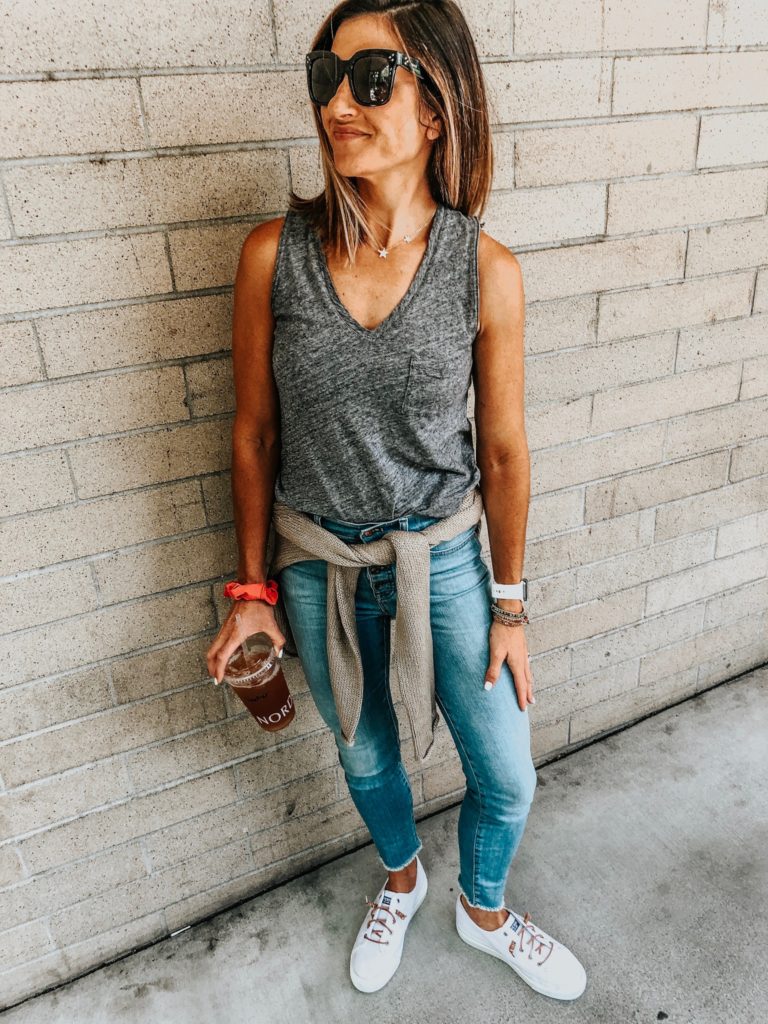
A few weeks ago an article was posted in The New York Times essentially “smashing” the wellness industry. If you haven’t read the article I’m referring to start there first. While reading the well written article I found myself nodding along in agreement one sentence then shaking my head in disagreement the next.
I had mixed emotions reading the article because I feel like it generalize who and what makes up the “wellness” industry and demonized everything it stands for. Here is a quote from the article that stood out to me “This was before I could recognize wellness culture for what it was — a dangerous con that seduces smart women with pseudoscientific claims of increasing energy, reducing inflammation, lowering the risk of cancer and healing skin, gut and fertility problems. But at its core, “wellness” is about weight loss. It demonizes calorically dense and delicious foods, preserving a vicious fallacy: Thin is healthy and healthy is thin”.
She believes that weight loss is being masked by the term wellness and unless you buy into it would won’t be thin and happy. Can you seek wellness and make health conscious decisions without weight loss being the driving factor? I sure hope so, because that is essentially what I stand for as a non diet dietitian.
I didn’t become a Registered Dietitian because I wanted to help people lose weight. I have helped people change and improve their health in a variety of ways and sometimes (if appropriate) that has resulted in weight loss. However, I actually tell my clients that weight loss can never be the main focus in our work together because it’s missing the big picture and likely won’t result in lasting outcomes. I think you can take actions to improve your health and wellness without your goal being weight loss and I see that as a positive thing for people to be interested in.
She starts her article by describing being at a work lunch with a few women who are talking negatively about food and their bodies. Unfortunately, this is extremely common talk for women and I agree this is a huge problem! I’m lucky enough to surround myself with friends who don’t talk like that. (we are too busy complaining about our kids and husbands…kidding…sorta 😉 ) My advice for people finding themselves in these types of situations is to find new friends. Seriously. That type of talk is toxic and no matter how strong you are it’s unhealthy to be around.
The writer then talks about her own personal and long history of disordered eating/eating disorder which lead her to work with a registered dietitian in LA that introduced her to intuitive eating which I wrote a blog post about here.

It upset me that her first experience with a Registered Dietitian went like this “I had paid a lot of money to see a dietitian once before, in New York. When I told her that I loved food, that I’d always had a big appetite, she had nodded sympathetically, as if I had a tough road ahead of me. “The thing is,” she said with a grimace, ‘you’re a small person and you don’t need a lot of food.’ ” Like any profession there are quality dietitians and others that give the profession a bad rep. This dietitian was likely still caught up in a “calorie in vs. calorie out” archaic thinking about food and nutrition, but there has been a big shift in this profession. Therefore, lumping everyone in the wellness industry together isn’t fair.
There are companies, brands, celebrities, health professionals, bloggers, etc. that most definitely push certain agendas. I believe there is a difference between the diet industry and qualified health professionals. These days with social media there is definitely a grey area with sponsorships and #ads, therefore, as a consumer it is your responsibility to educated yourself. I agree with the write when she writes, “wellness influencers attract sponsorships and hundreds of thousands of followers on Instagram by tying before and after selfies to inspiring narratives. Go from sluggish to vibrant, insecure to confident, foggy-brained to cleareyed. But when you have to deprive, punish and isolate yourself to look “good,” it is impossible to feel good.” Filter your social media (and your friends) to reflect YOUR beliefs so you feel confident and empowered about your health journey and not just trying to copy someone else’s.
A part of the article I was nodding in agreement to was when she describes how she is owning and respecting her personal journey with food and body image. I agree with her that we do not have to absolutely love our bodies to lead a meaningful life, but we need to respect them. Nourish them appropriately 😉
Perhaps I got defensive while reading this article because I do consider myself a wellness “influencer” for lack of a better word, but I’m not pushing diet or weight loss. I’m passionate about food and nutrition because I think it can be a very powerful tool if used correctly. I want to teach and inspire my friends, clients, and followers how to make food a friend and not the enemy we sit around the dinner table talking sh*t about.
If nothing else I enjoy the conversation this article has brought up. What are your thoughts? Does wellness = weight loss? Or can the goal of wellness be something bigger?
xx,
Alix